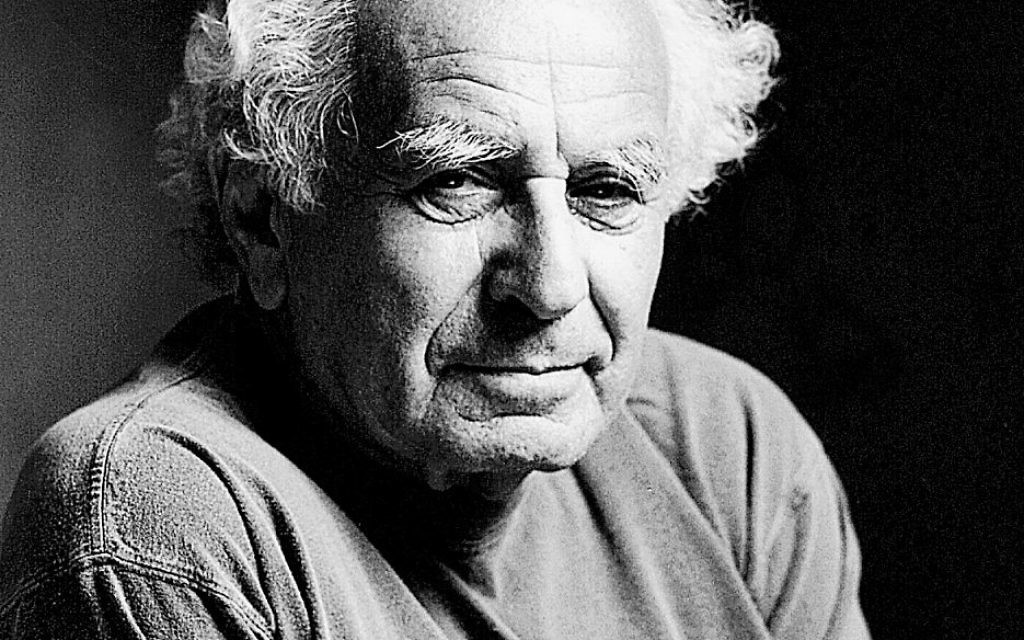Rethink Politics to Mix Unity, Diversity
Despite political beliefs community ties remain critical for acceptance and unity.
We live in tragic times. I am again listening to slogans and statements that were so common after World War I in Germany and conditions that were the earmarks of the “Tail-Gunner” Joe McCarthy era in the 1950s. I have become greatly concerned with the sounds of demagoguery among politicians rather than reason and humanity.
The advertising supporting the Republican candidate in the 6th Congressional District featured the dangerous words of “they” and “them” — the Democratic candidate is not one of us, but one of them.
How often have I heard this type of remark rooted in the principle of separation — we, the good and proper, and they, the outsiders? For a great part of my life, I have been defined as being the they, the unwanted and the dangerous.
The greatness of this country lies in its unity among diversity. It seems that people have forgotten that we stand for “E Pluribus Unum” (“One out of Many’), that we believe in the heterogeneity of people and beliefs, and that we are, in spite of diversity, one.
Get The AJT Newsletter by email and never miss our top stories Free Sign Up
Indeed, perhaps it is because of our diversity that we became strong and advanced. This idea is central to our Constitution, in which our Founding Fathers proposed that we the people, we the diverse people, more than any other nation, sought to create a more perfect union. Homogeneity, which some people seek, has been the force that kept people back, unwilling to make change. Cultural anthropology has indeed shown that a lack of diversity increases the opposition to change.
The Great Colossus still stands in New York Harbor, proclaiming, “Give me your tired, your poor, your huddled masses yearning to breathe free.”
Alexander Hamilton was quite aware that rejecting diversity would be a sure way to lose freedom. Our struggle for freedom has been a struggle of diverse groups seeking their right to be free to be different.
Consider all the cultures that have contributed to the American way of life.
Alfred Kroeber tells us that we Americans speak an Anglo-Saxon form of a Germanic language that contains more Latin than English words.
We worship a Jewish G-d with specific formulations into denominations made in Rome, Germany, England, Scotland and Holland. Our Bible is chiefly Hebrew and partly Greek.
We drink coffee first grown in Ethiopia, tea discovered in China, beer first brewed in Mesopotamia and hard liquor invented in Europe.
We eat breads from around the world, beef and other animals domesticated in Asia, and potatoes, tomatoes, corn and beans first used by Native Americans.
We use an alphabet invented by a Semitic people with a mode of printing discovered in Germany on paper developed in China.
Our dependence on others goes on and is far too great to list here.
More and more, we become interdependent not only because of the many diverse people within our borders, but because of our ties to others in the world. We cannot stand apart from others; to the contrary, we must become an integral part of all others — indeed, a unity of people.
The whole idea of the United Nations was brought to us in the realization of the need for accommodation — that is, to be united while remaining different from one another. Accommodation is the system through which we adjust to one another, the ability to come to an agreement in which, for the sake of all and our necessary unity, we, as an old song proposes, give a little bit.





comments